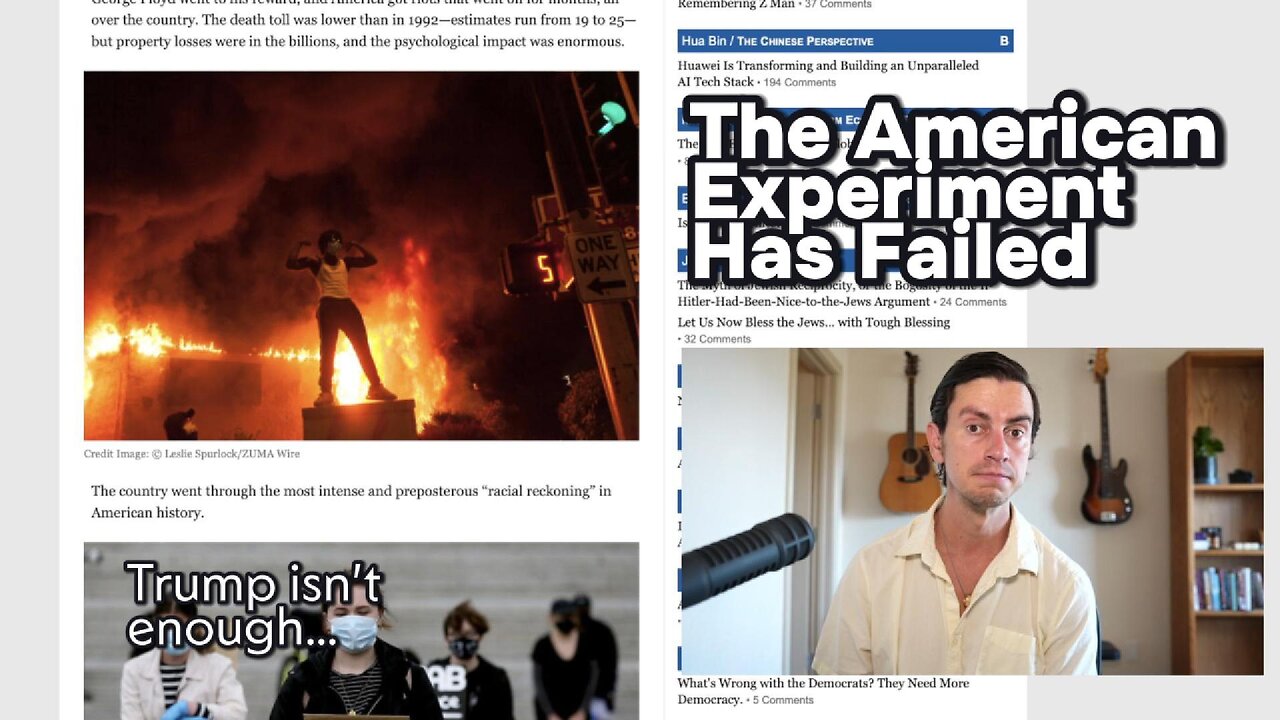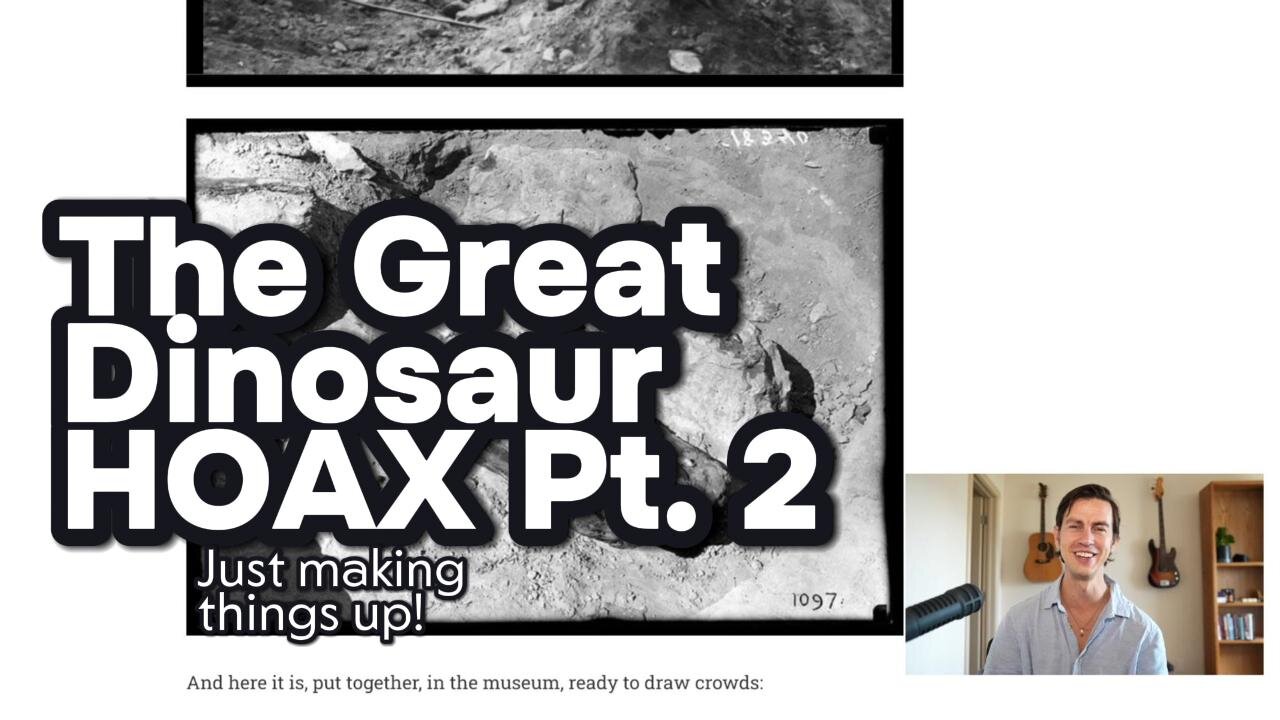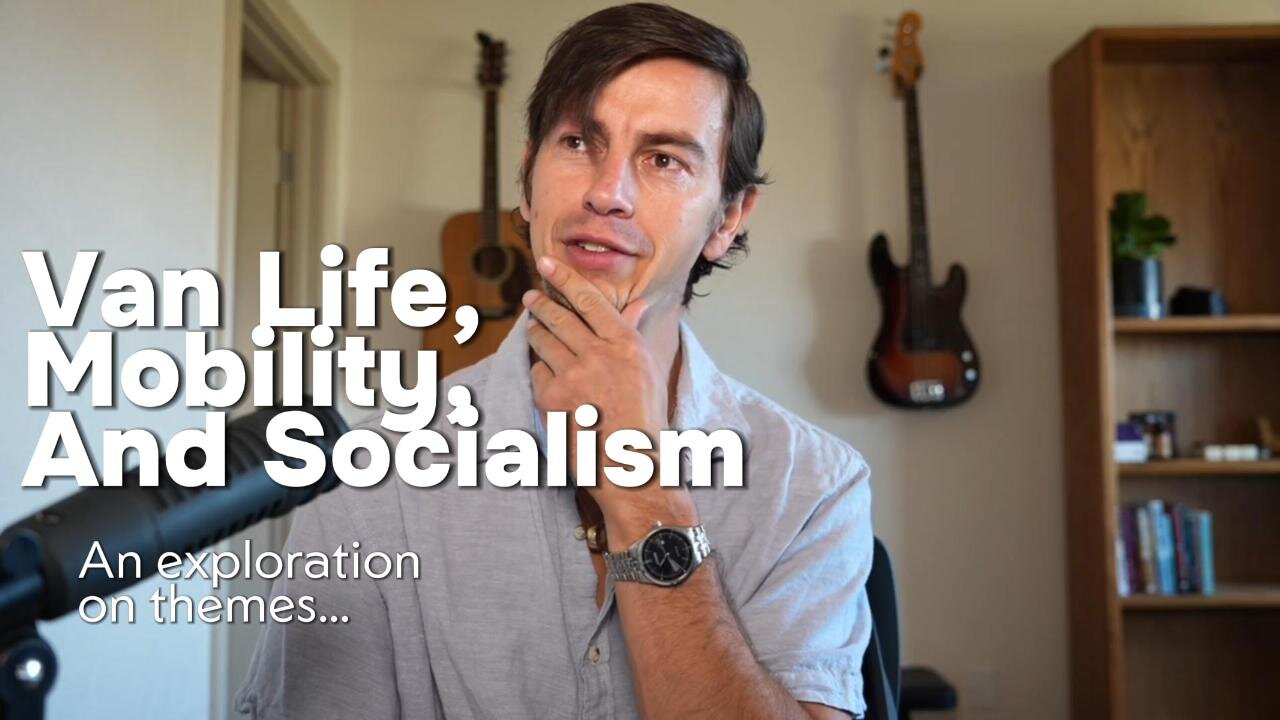
AI generated conversation between Steven Franssen and Thomas Aquinas on the topic of “self-knowledge”.
Scene: A peaceful monastery garden, with a soft breeze carrying the scent of blooming flowers. Thomas Aquinas sits on a stone bench, writing in a leather-bound journal. Steven Franssen approaches, his demeanor reflective but energized, and takes a seat nearby.
Franssen: Master Aquinas, I’ve been contemplating the central role of self-knowledge in living a meaningful life. In my work, I emphasize understanding one’s past, emotions, and motivations as the foundation for personal growth. What is your view on the importance of self-knowledge?
Aquinas: (setting down his pen) Self-knowledge is indeed essential, for it allows a person to understand their nature, purpose, and relationship to God. As Augustine once said, “Let me know myself, and let me know You.” True self-knowledge leads us to humility and helps us discern the virtues we must cultivate and the vices we must overcome.
Franssen: I agree that self-knowledge promotes humility, but I also see it as a way to reclaim personal sovereignty. When we know ourselves, we can break free from destructive patterns and live authentically, free from the false narratives imposed by others.
Aquinas: Personal sovereignty, as you describe it, is aligned with the virtue of prudence—rightly governing oneself. Yet, such governance is most secure when grounded in the eternal law, which orders all things toward the ultimate good. Without acknowledging our dependence on God, self-knowledge may risk fostering pride rather than true freedom.
Franssen: (nodding thoughtfully) So, you’re saying self-knowledge must be coupled with a sense of divine purpose to avoid becoming self-centered?
Aquinas: Precisely. Self-knowledge, when rightly ordered, leads to the recognition that we are creatures, dependent on the Creator for our existence and fulfillment. This realization humbles us and directs our desires toward their proper end—communion with God.
Franssen: In modern terms, I’d say that sounds like aligning the inner self with a higher calling. But some might argue that focusing on divine purpose distracts from confronting one’s immediate personal struggles. How would you respond?
Aquinas: Addressing immediate struggles is necessary, yet such struggles are best understood in light of our ultimate purpose. For instance, understanding our tendencies toward anger or despair requires us to see them not merely as psychological challenges but as obstacles to living virtuously and fulfilling our divine calling.
Franssen: That’s an interesting perspective. I often tell people that healing the wounds of their past, especially those rooted in childhood, is crucial for clarity and peace. Does that align with your view?
Aquinas: It does. Understanding the past can illuminate the roots of our disordered affections and habits. However, true healing requires more than understanding—it necessitates grace, which perfects our nature and helps us transcend our wounds.
Franssen: So, grace is the key to transforming self-knowledge into self-mastery?
Aquinas: Exactly. Self-knowledge opens the door, but grace empowers us to walk through it, to grow in virtue, and to achieve the peace and fulfillment for which we were created.
Franssen: (smiling) It seems we’re not so far apart. Both of us see self-knowledge as a journey, one that not only brings personal clarity but points toward a greater truth.
Aquinas: Indeed, Steven. Let self-knowledge guide us to humility and love, and let us always seek the higher truth that perfects our nature and leads us home.
The two sit in thoughtful silence, each reflecting on the transformative power of self-knowledge in their respective frameworks.
A beautifully filmed story about a woman's life in Africa's colonial era. Another of Miles Mathis' Top 100 films... a continuing series! This is a FREEMIUM post.
Having a look at one of Miles Mathis' "favorite films" and the social commentary relevant at the time.
















